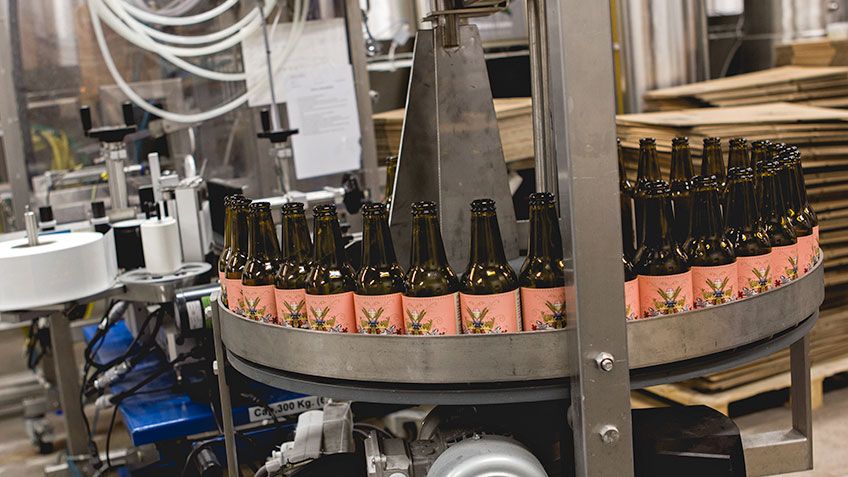Over the past few years, the worldwide growth of microbreweries and craft beer brands has exploded, with many countries, especially in North America and Europe, seeing double digit expansion in the last decade.
The fascination with artisan beers has fuelled this growth, as discerning beer drinkers opt for specialist niche brews rather than mass-produced commercial brands. Supporting this rapid growth is the fact that microbreweries can be relatively easy to set up and run.
This upward trend is set to continue, too, as some of the larger brewing conglomerates snap up smaller operations in order to maintain and grow their foothold in this sector. However, many microbreweries are committed to remaining independent. Knowing that they will never be able to take on the bigger companies, they can still provide the great brews for which they have become popular.
The “problem” with popularity is that it fuels growth; and unless microbreweries can scale up production or deliver greater efficiencies – without affecting quality – they run the risk of alienating their loyal customers, while also facing the prospect of financial issues due to batch and delivery issues.
One microbrewery that realised that efficiencies could be gained was Sälens fjällbryggeri AB, based in Sälen, Sweden. Huvudbryggare – or Head Brewer – Sofia Bergkvist realised that the bottling phase took a disproportionately long time compared to other steps in the process, and looked to incorporating an automated solution that would be sympathetic to the brewery’s size and output.
For this project, Sälens fjällbryggeri AB turned to Swedish company Pontum AB. Based in Handen, Sweden, the company has over 30 years’ experience in the development of high-quality packaging equipment. Concentrating on quality, simplicity and flexibility, its bottling & labelling machines, feeding tables and rinsers have all been designed in close co-operation with microbreweries.
